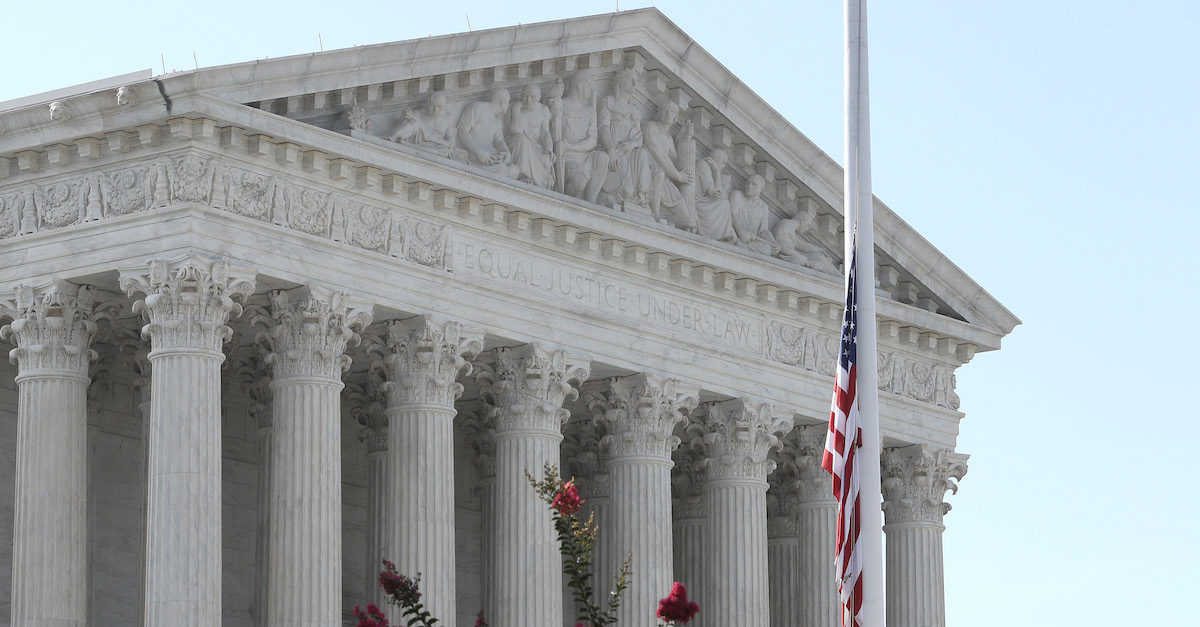
The U.S. Supreme Court on Monday agreed to hear whether the reach of the Computer Fraud and Abuse Act (CFAA) should be restricted in a case involving a former police sergeant who used department equipment to run a search for an individual assisting the police in a sting operation. The case will have broad influence over criminal prosecutions for internet and computer activity.
In Van Buren v. United States, Nathan Van Buren is appealing his 2017 conviction for violating the CFAA because he ran a computer search for the license plate number of a stripper who had received a cash payment for working with police. Van Buren’s conviction that was later upheld by the Eleventh Circuit Court of Appeals.
The CFAA is one of the most controversial federal laws currently on the books; enacted in 1986, well before digitalization became ubiquitous, the law “criminalizes the simple act of trespass upon a computer — intentional access without authorization. The law sweeps broadly, too broadly,” according to Professor Laurent Sacharoff of the University of Arkansas School of Law.
Van Buren argued that he was authorized to use the department’s system because he was a police officer; therefore, his access couldn’t be unauthorized regardless of why he performed the specific search in question.
While the Eleventh Circuit has previously held that any derivation from the written terms of use render access “unauthorized,” the Second and Ninth Circuits have both rejected that view, creating a chasmic circuit split.
“The split is clear and acknowledged, and it’s crazy important. The CFAA either makes most people or very few people criminals,” depending on how it’s interpreted, wrote UC Berkeley School of Law professor Orin Kerr last week:
“Indeed, I have testified under oath that I am a criminal in the Eleventh Circuit. I violate Facebook’s terms of service by giving a false location, which according to the DOJ and the Eleventh Circuit is a federal crime every time I visit Facebook. You probably ignore terms of service, too. So the stakes are pretty high. The stock line I have when I lecture about the CFAA is that no one can know what the statute means until the Supreme Court finally resolves the split. And I’ve been offering that line for years, as the split has lingered without being resolved.”
[Image via Mark Wilson/Getty Images]